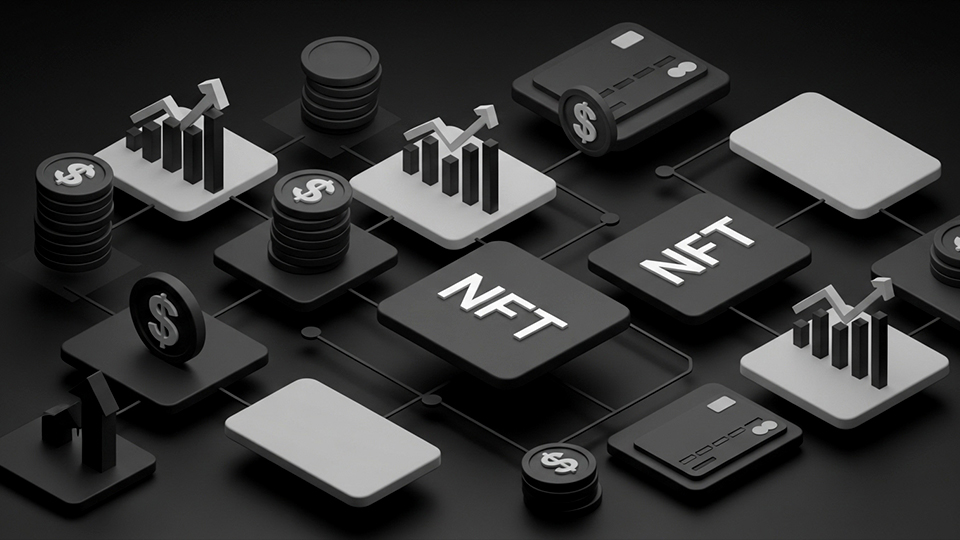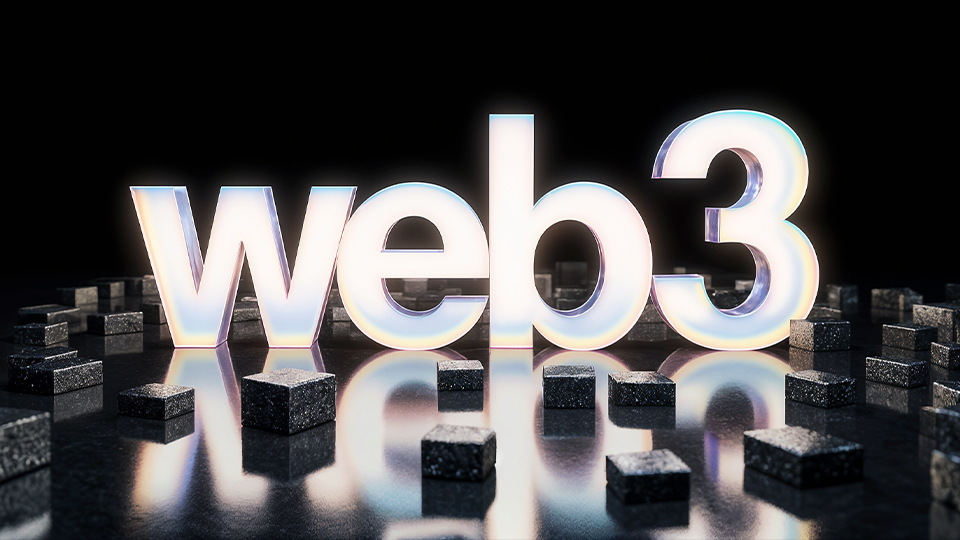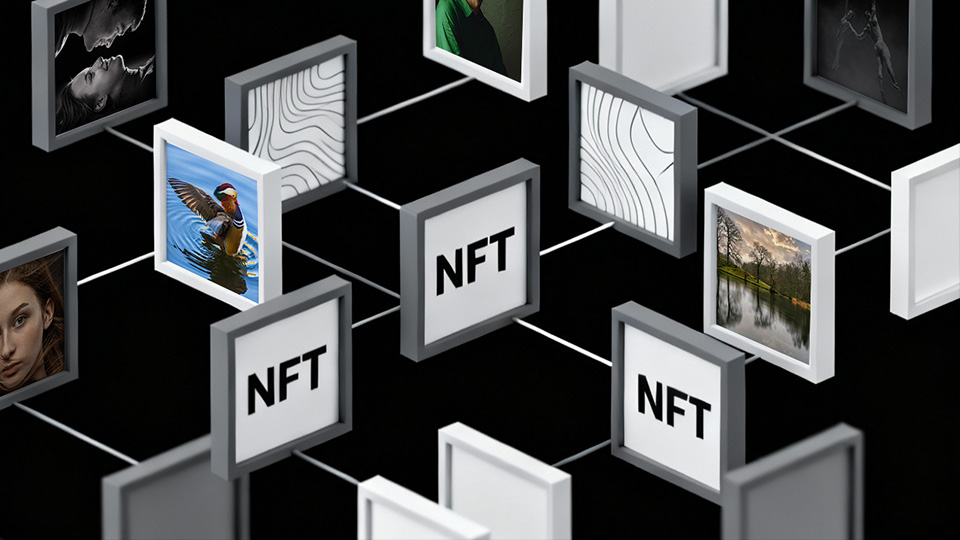Exploring Mini-Game Bots on Telegram: Integrating Blockchain Technology
Blockchain technology is changing the gaming world by altering how players earn rewards, connect with each other, and interact with game mechanics. One of the most exciting innovations is the development of mini-game bots on Telegram. This platform, already known for its versatile bot capabilities, is integrating blockchain to enhance casual gaming experiences with decentralized mechanics, tokenized rewards, and verifiable transactions.
What Are Mini-Game Bots on Telegram?
Telegram mini-game bots are interactive programs that enable users to play simple games directly within the app. These lightweight games are designed for quick, engaging interactions, making them ideal for mobile users. Players can enjoy various genres, including trivia, puzzles, role-playing games, and simple action sequences. Accessing these games is straightforward, thanks to user-friendly commands and chat interfaces.
Why Blockchain Integration Matters
Integrating blockchain technology into these bots offers several significant benefits:
- Ownership of In-Game Assets: With blockchain, players can own in-game items like tokens and unique characters through Non-Fungible Tokens (NFTs). This enables trading or selling assets on decentralized marketplaces.
- Transparency and Fair Play: The immutable nature of blockchain ensures that game outcomes and reward distributions are fair and verifiable. This transparency ensures trust among players, particularly in competitive settings.
- Tokenized Rewards: Many blockchain-based mini-games feature cryptocurrency rewards. Players can earn tokens, which may be unique to the game or common cryptocurrencies . These tokens can be utilized within the game or converted for real-world value.
- Smart Contracts for Instant Rewards: Smart contracts automatically execute tasks when predetermined conditions are met, ensuring that winners receive their rewards immediately and without intermediaries.


How Mini-Game Bots Work on Telegram
Interacting with a blockchain-enabled mini-game bot on Telegram typically involves a few straightforward steps:
- Starting the Game: Players initiate the bot by sending a command or clicking a button, launching the game directly in the chat window or an inline browser.
- Gameplay and Smart Contracts: Each action, such as winning a match or solving a puzzle, is recorded on the blockchain through smart contracts, ensuring transparent outcomes.
- Earning Tokens: Players accumulate tokens for completing challenges or achieving high scores, with each earning recorded on the blockchain for trading or redeeming.
- Acquiring NFTs: Players may also obtain unique NFTs, such as characters or items, stored in their cryptocurrency wallets for use across different games or for sale in decentralized markets.
Popular Use Cases and Examples
- Play-to-Earn Games: Some Telegram bots incorporate play-to-earn mechanics, where users earn cryptocurrency through participation. For example, completing daily challenges may reward players with tokens.
- Trivia and Quiz Bots with Rewards: Users respond to questions, earning token rewards for correct answers. These tokens can be exchanged for services within the Telegram community or on external platforms.
- Social Competitions: Blockchain-based mini-games often feature leaderboards and competitions, with rewards based on player rankings. The use of blockchain ensures that results are secure and tamper-proof.
Benefits for Developers and Users
- Monetization Opportunities: For developers, blockchain mini-games create new revenue avenues, allowing monetization through token sales, NFT transactions, or reward distribution fees.
- Trust and Engagement: The transparency offered by blockchain creates a more trustworthy gaming environment, ensuring that users’ efforts and rewards hold tangible value.
- Cross-Platform Compatibility: Tokens and NFTs earned through Telegram games can typically be used across different platforms or within various blockchain ecosystems, enhancing interoperability.
Offers a wide range of daily challenges that will spark your creativity and help you earn amazing rewards.
→ Play Now


